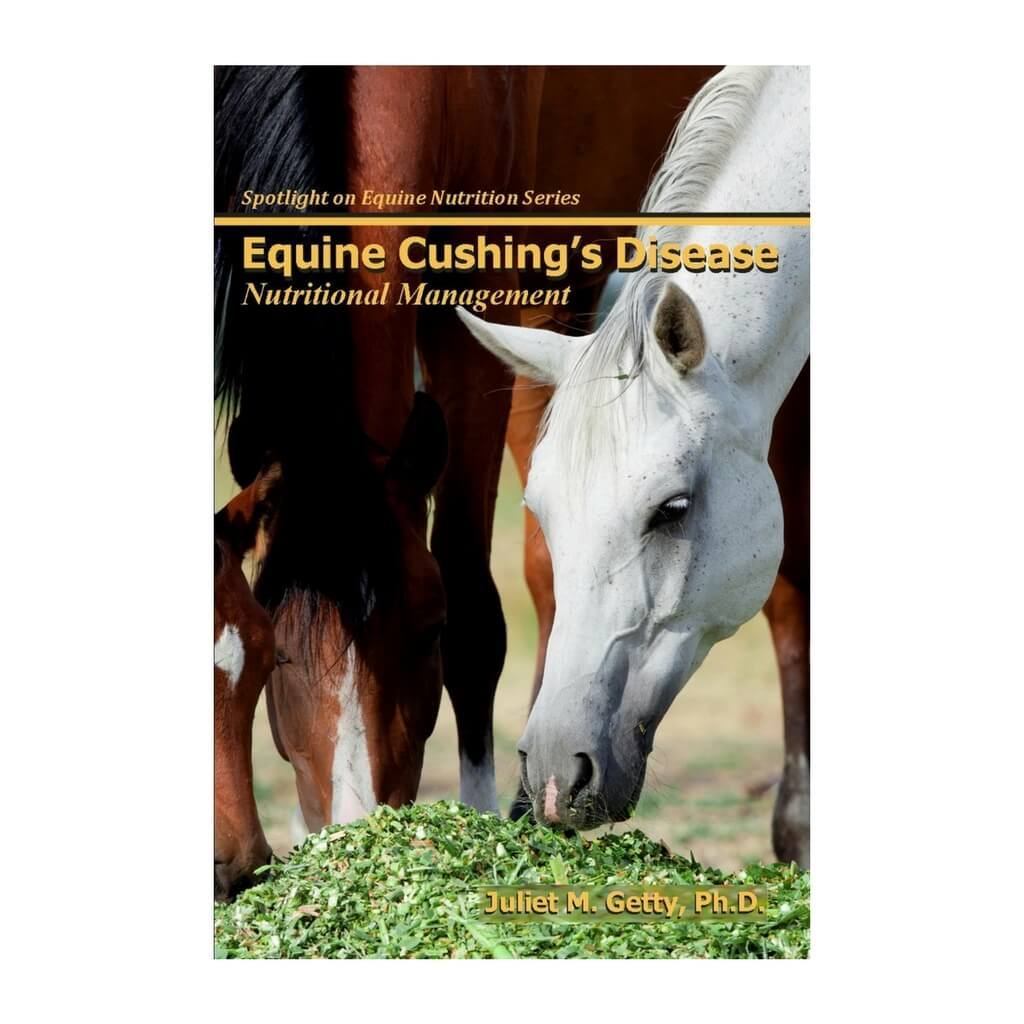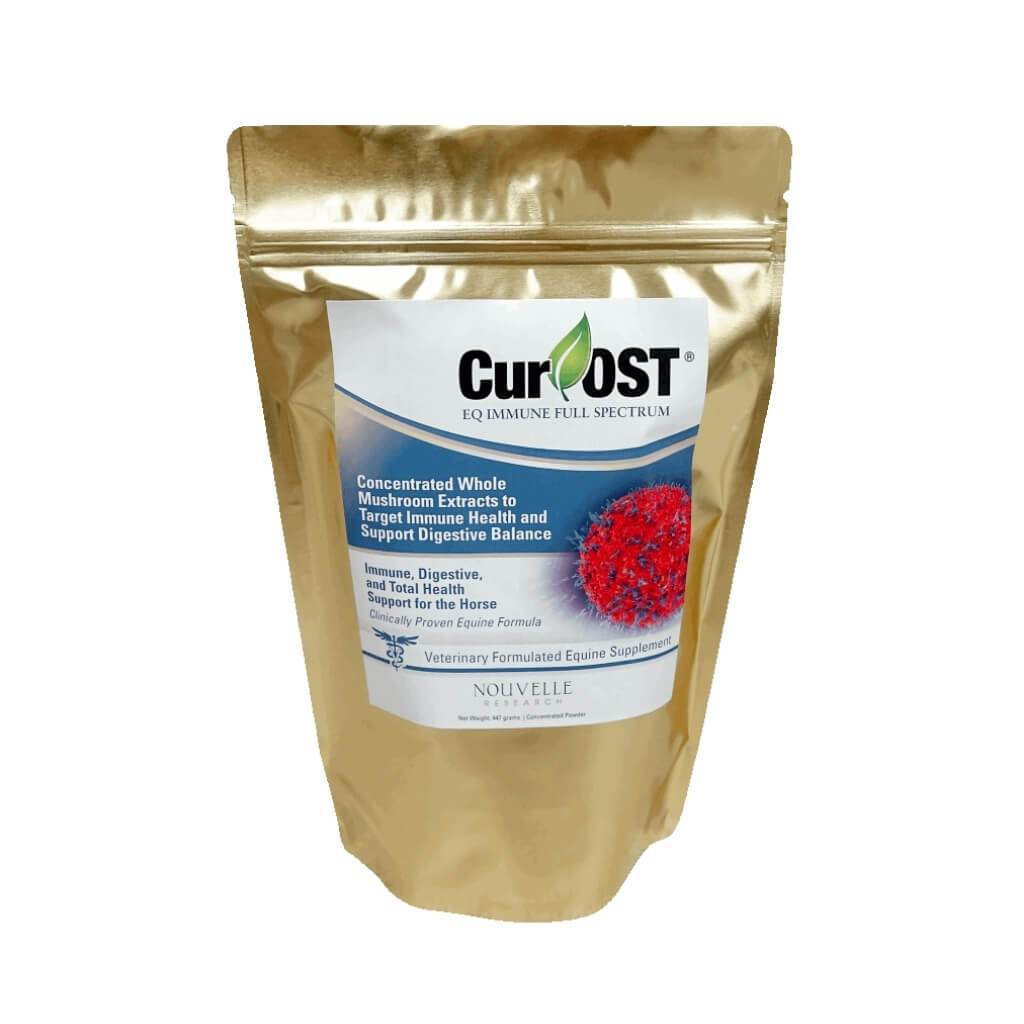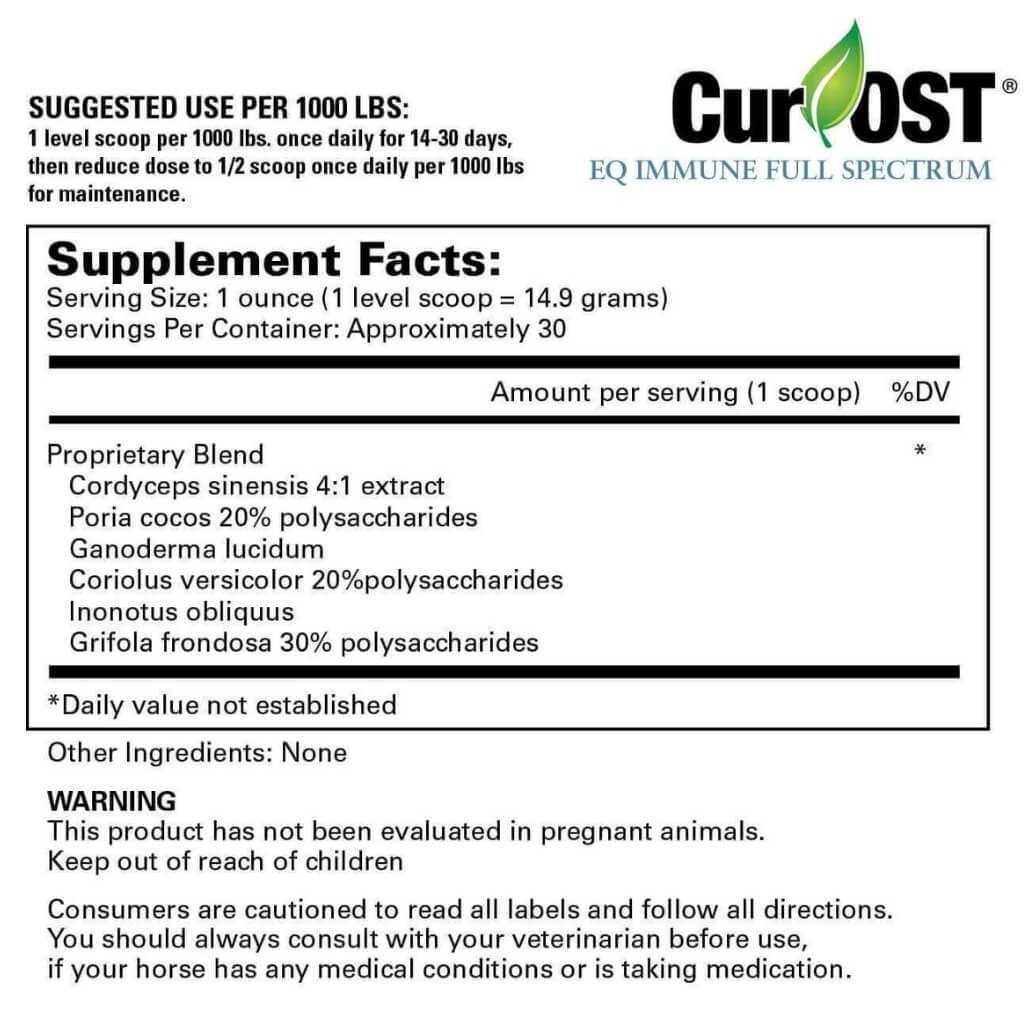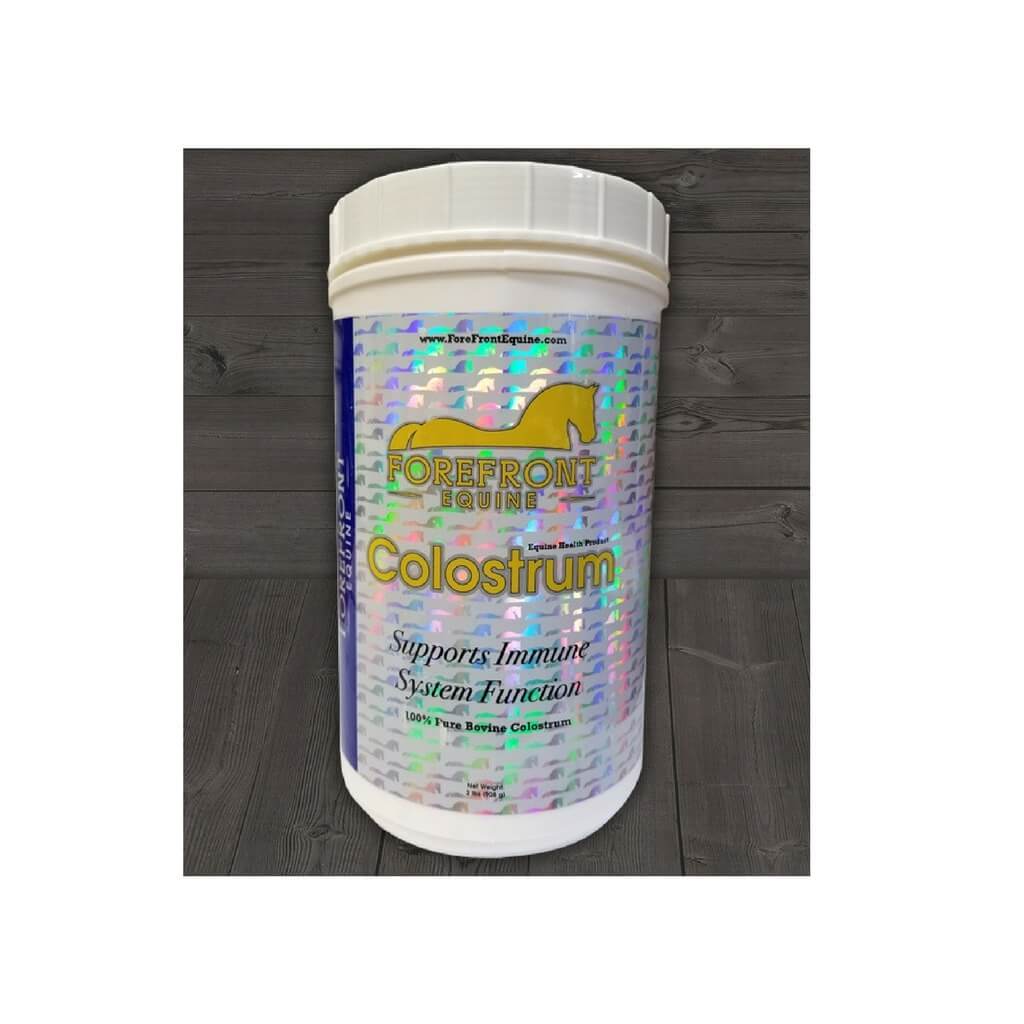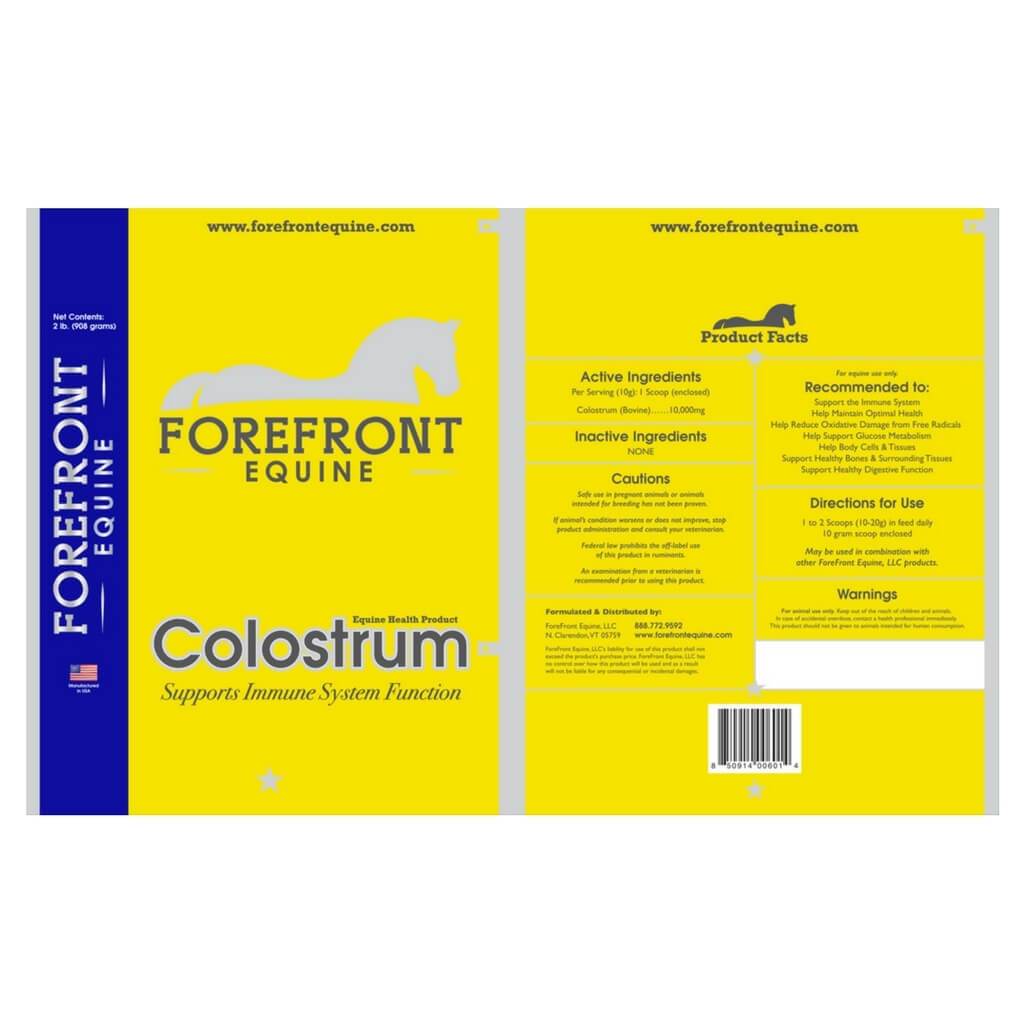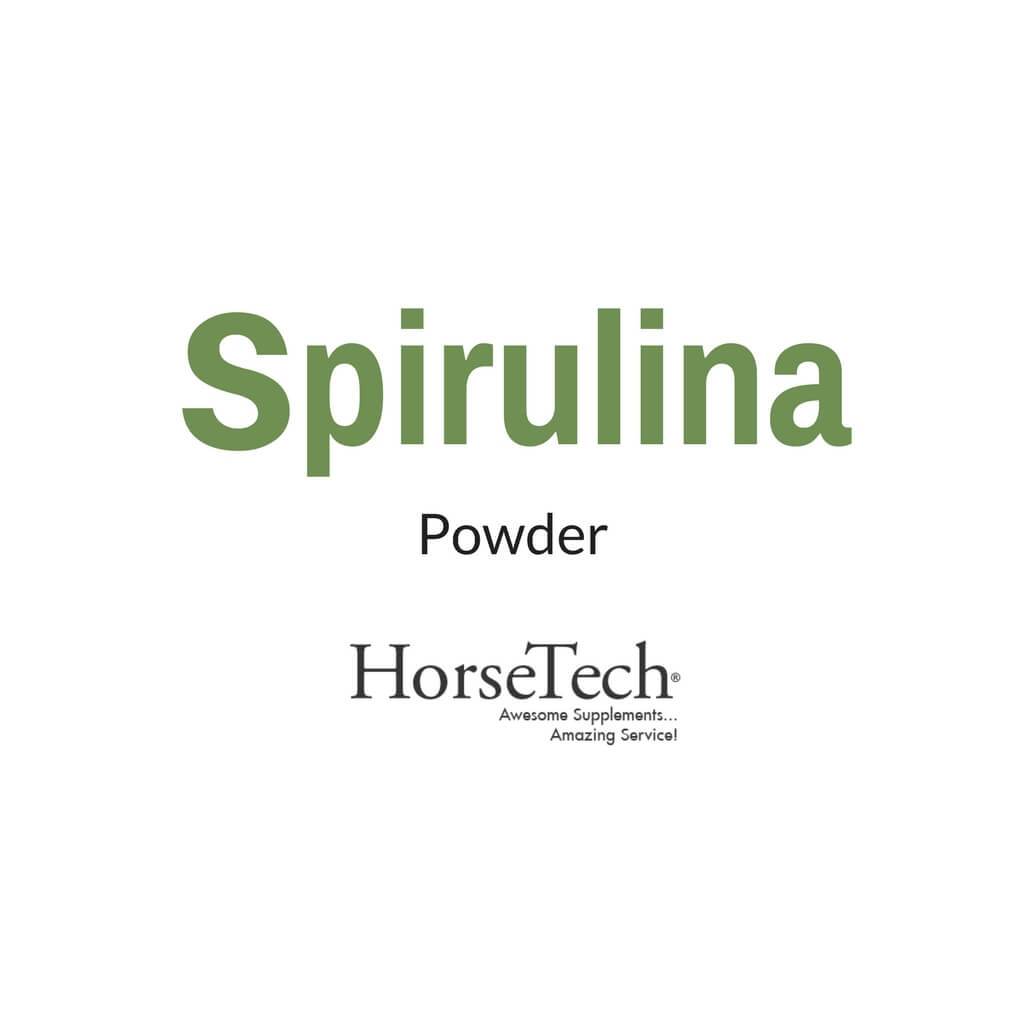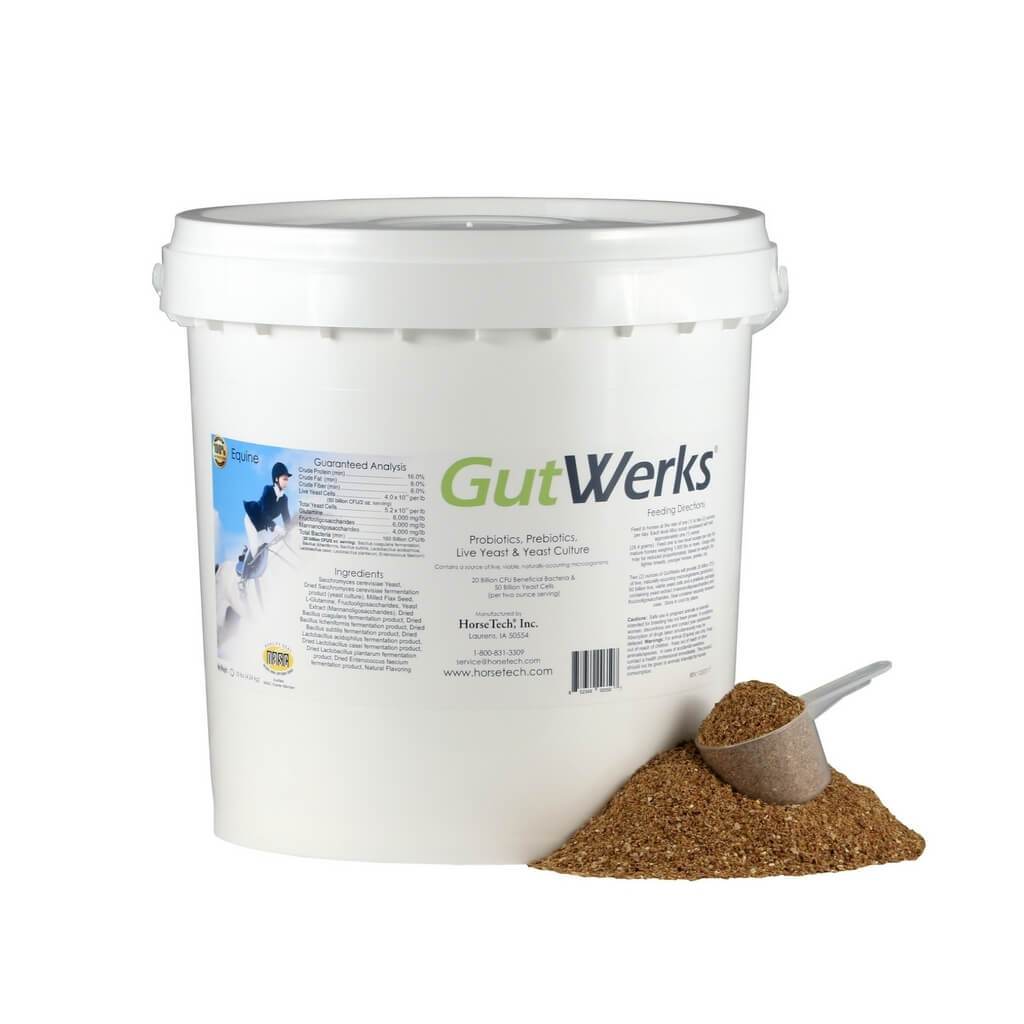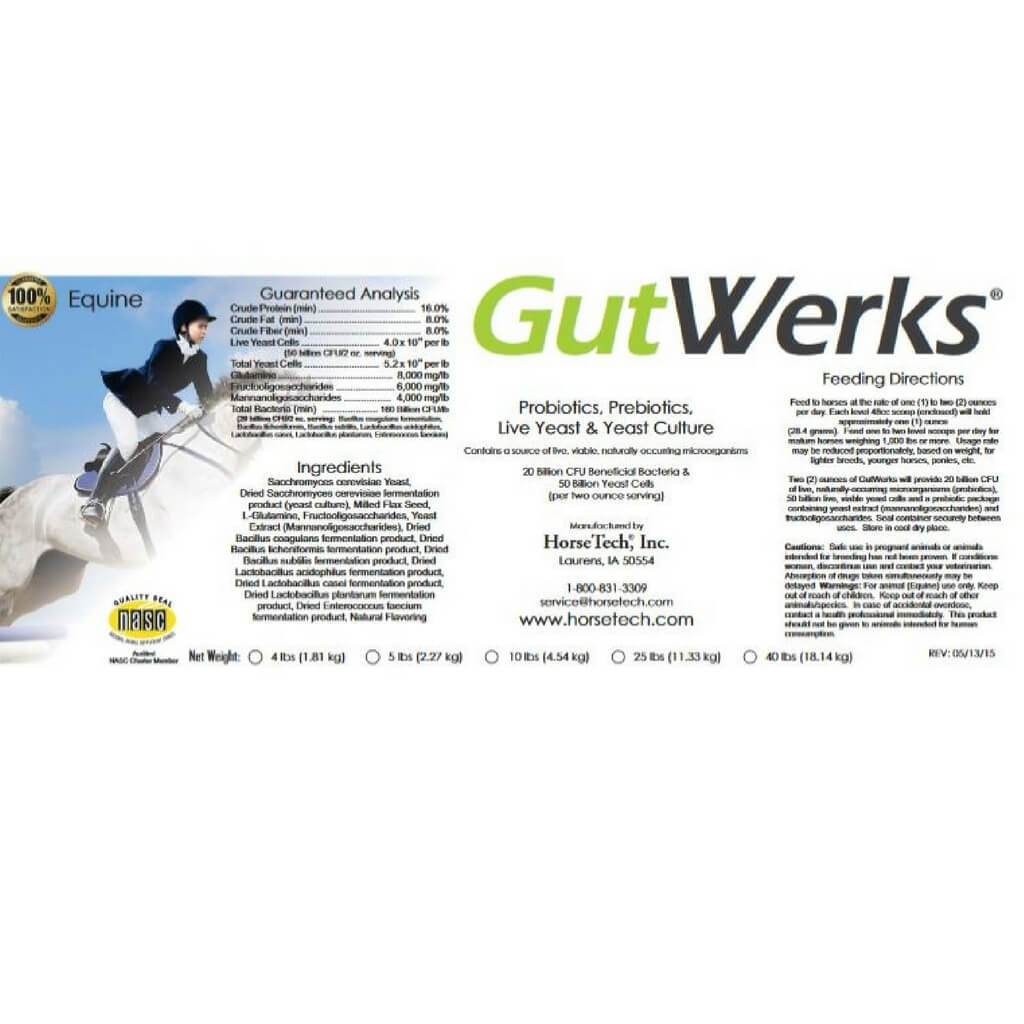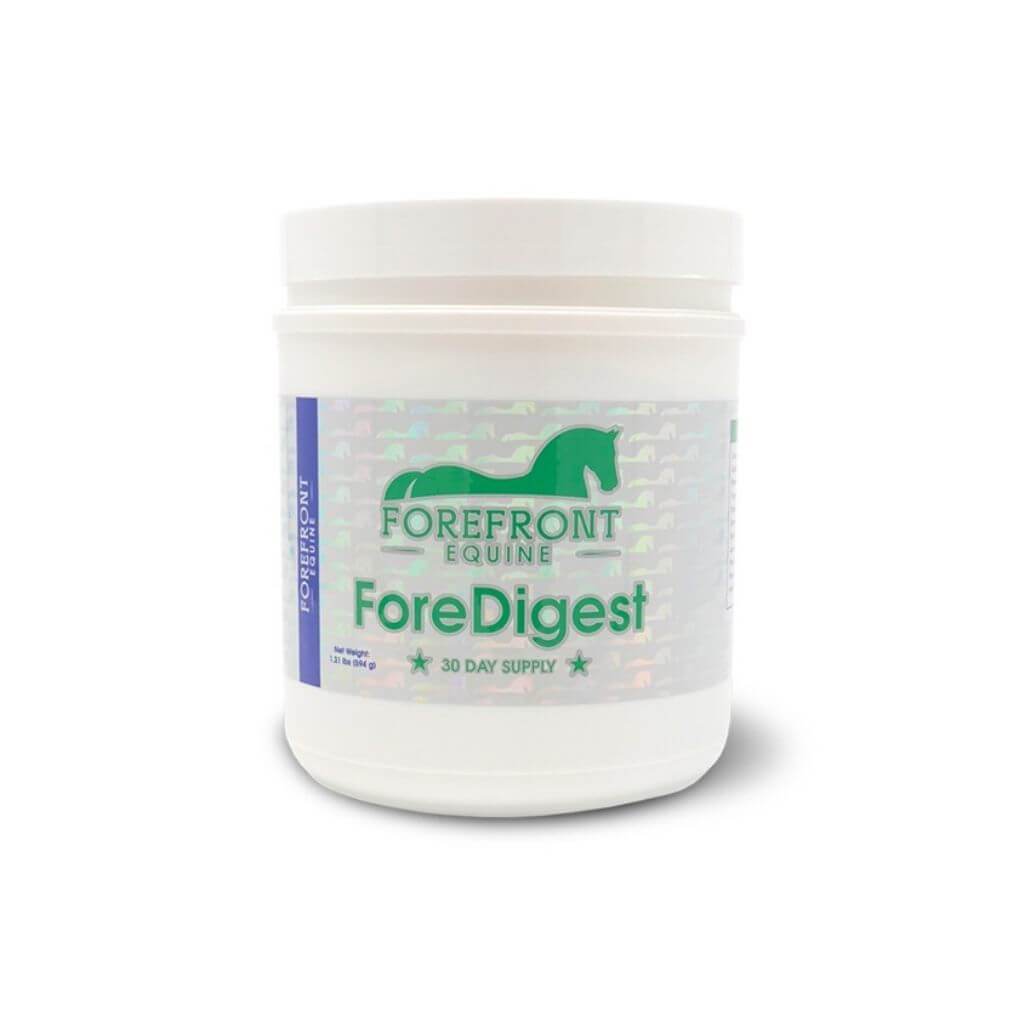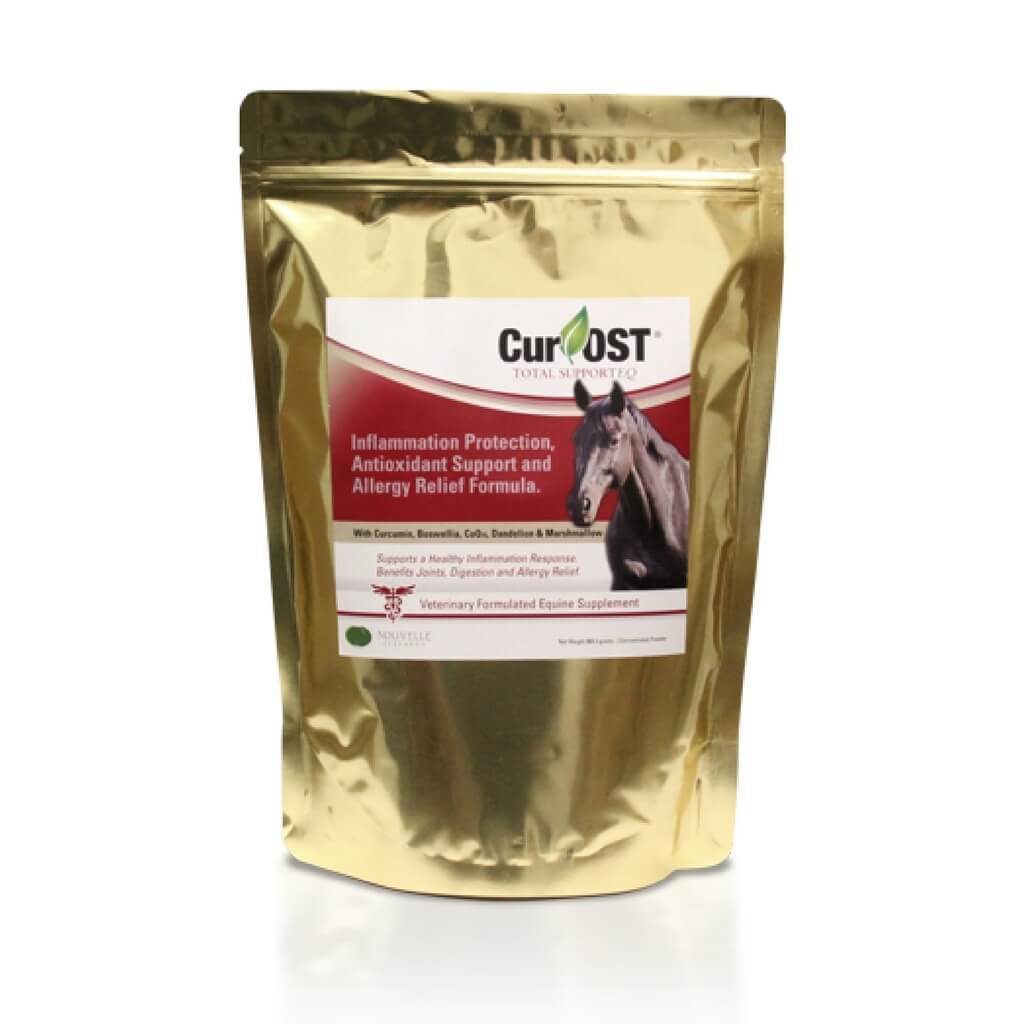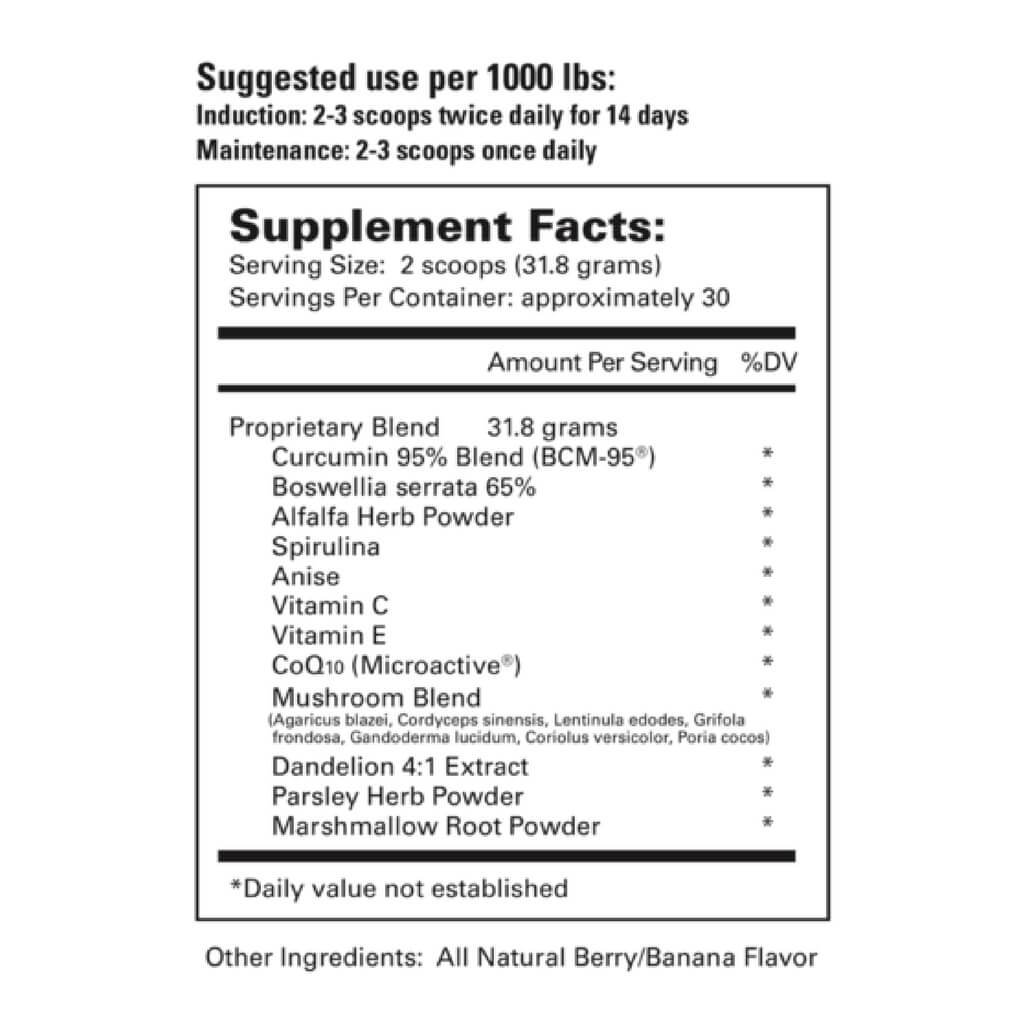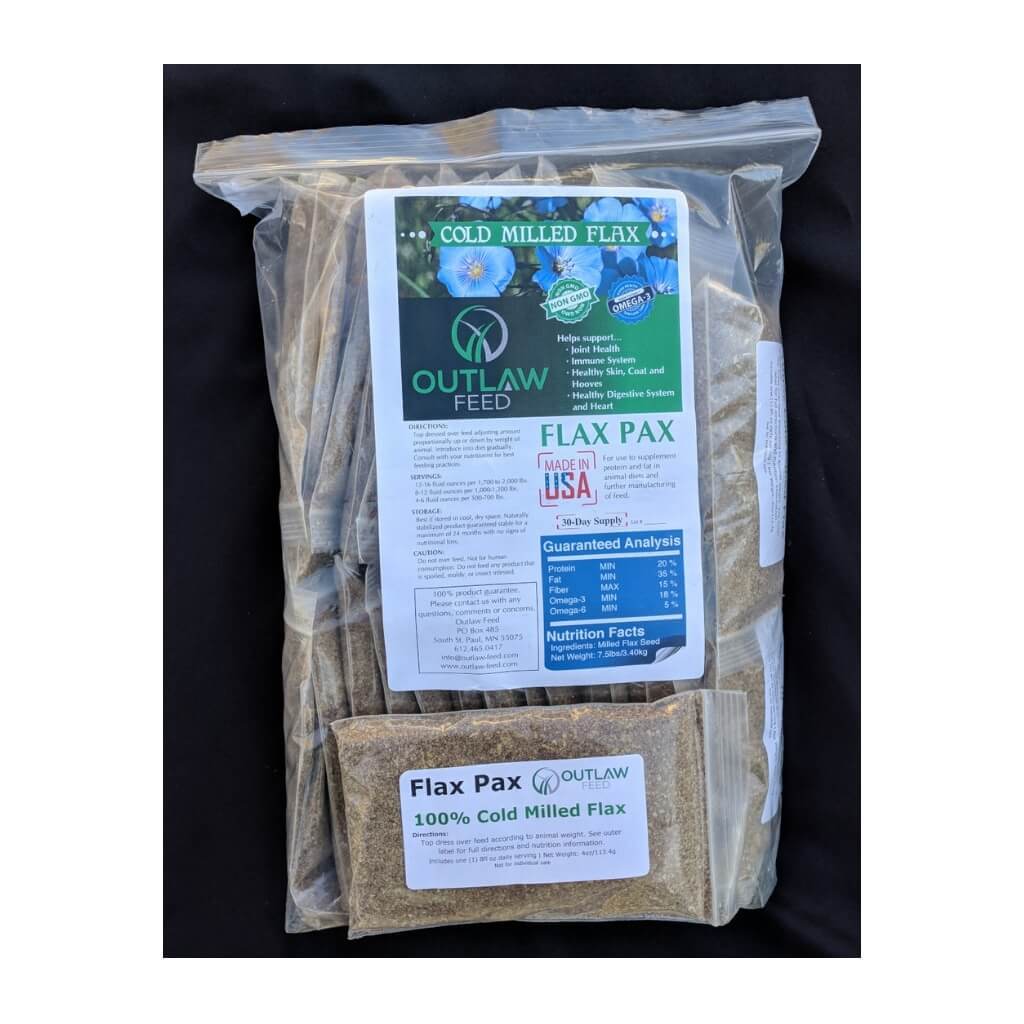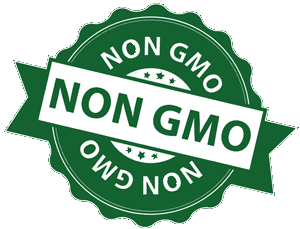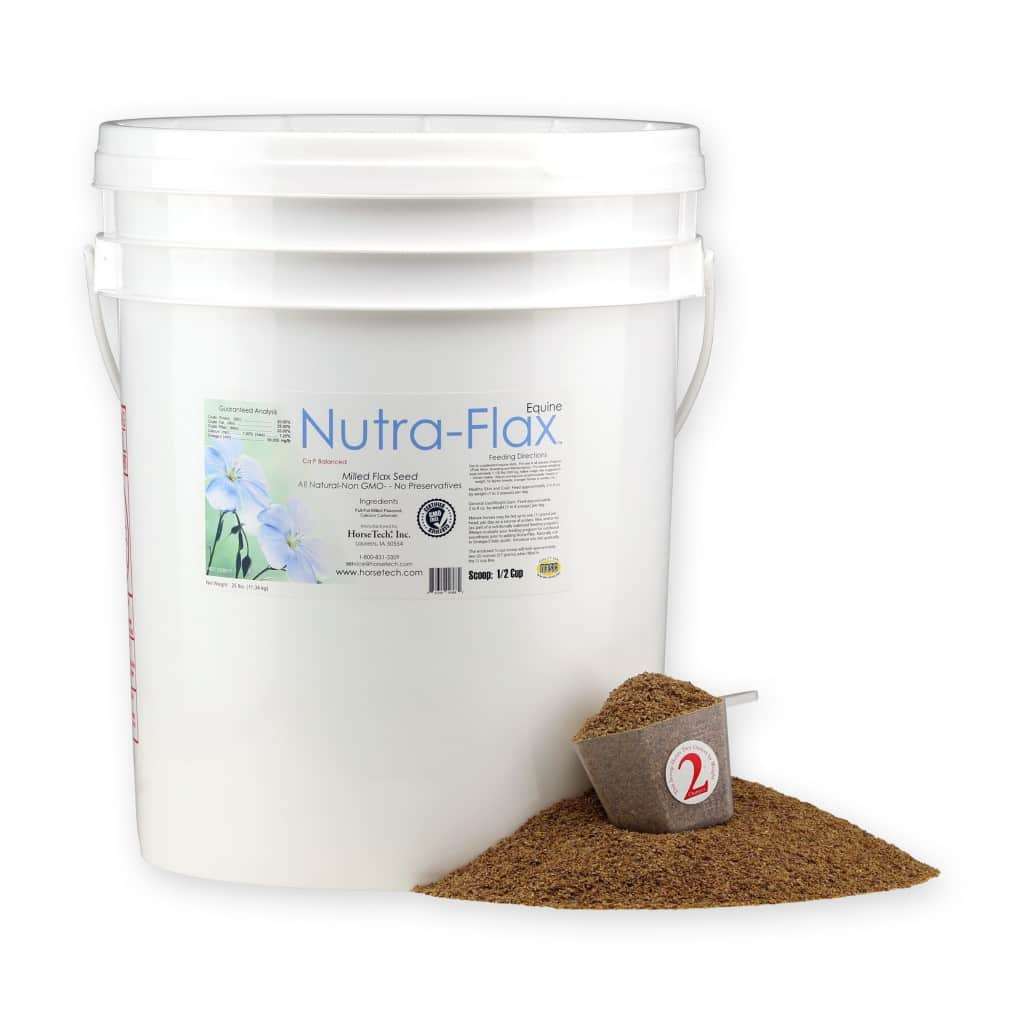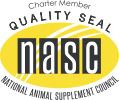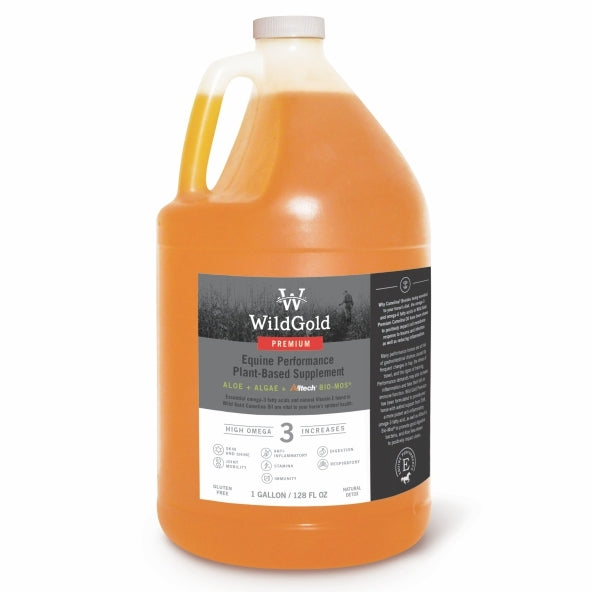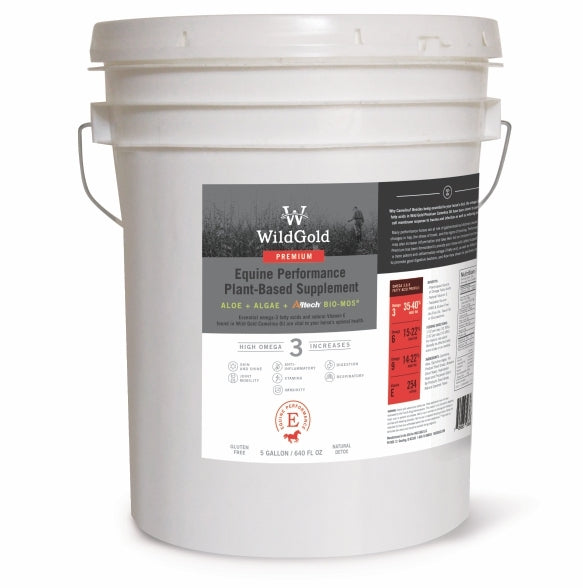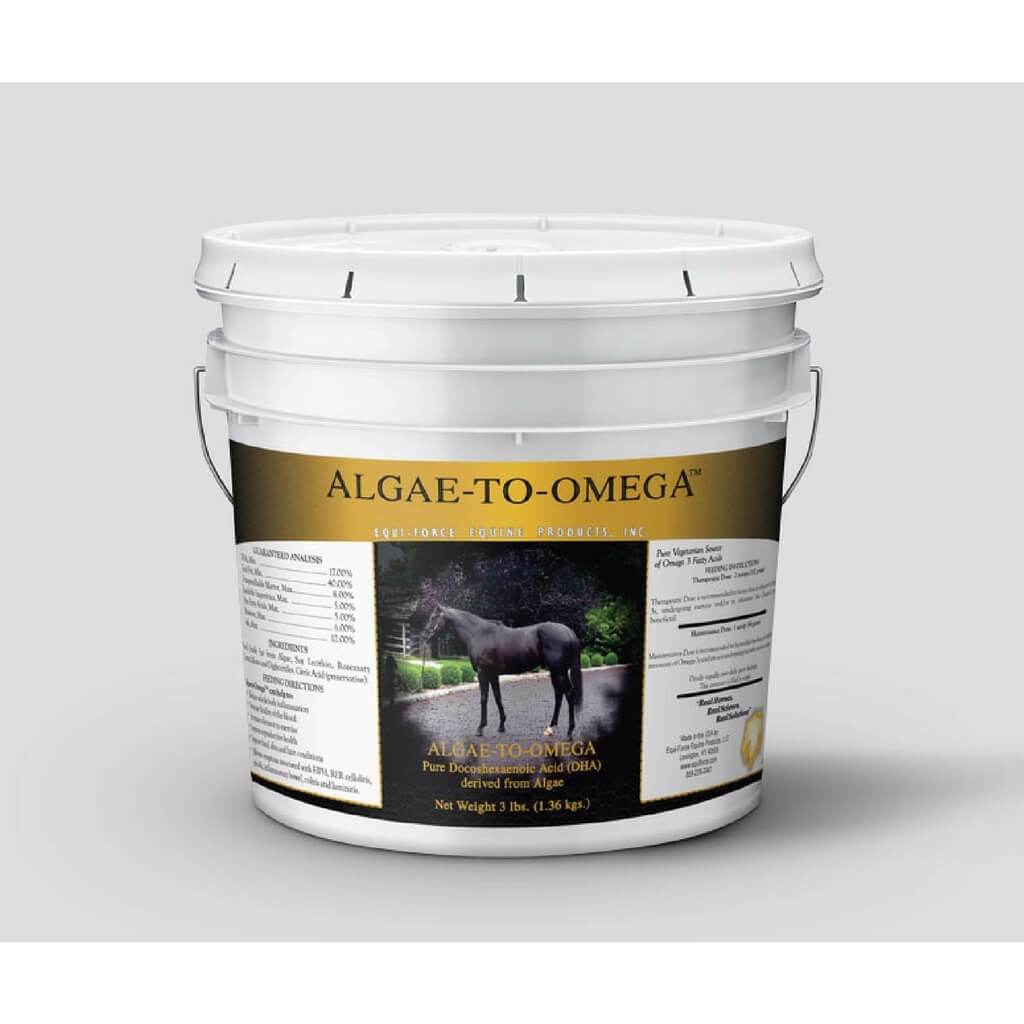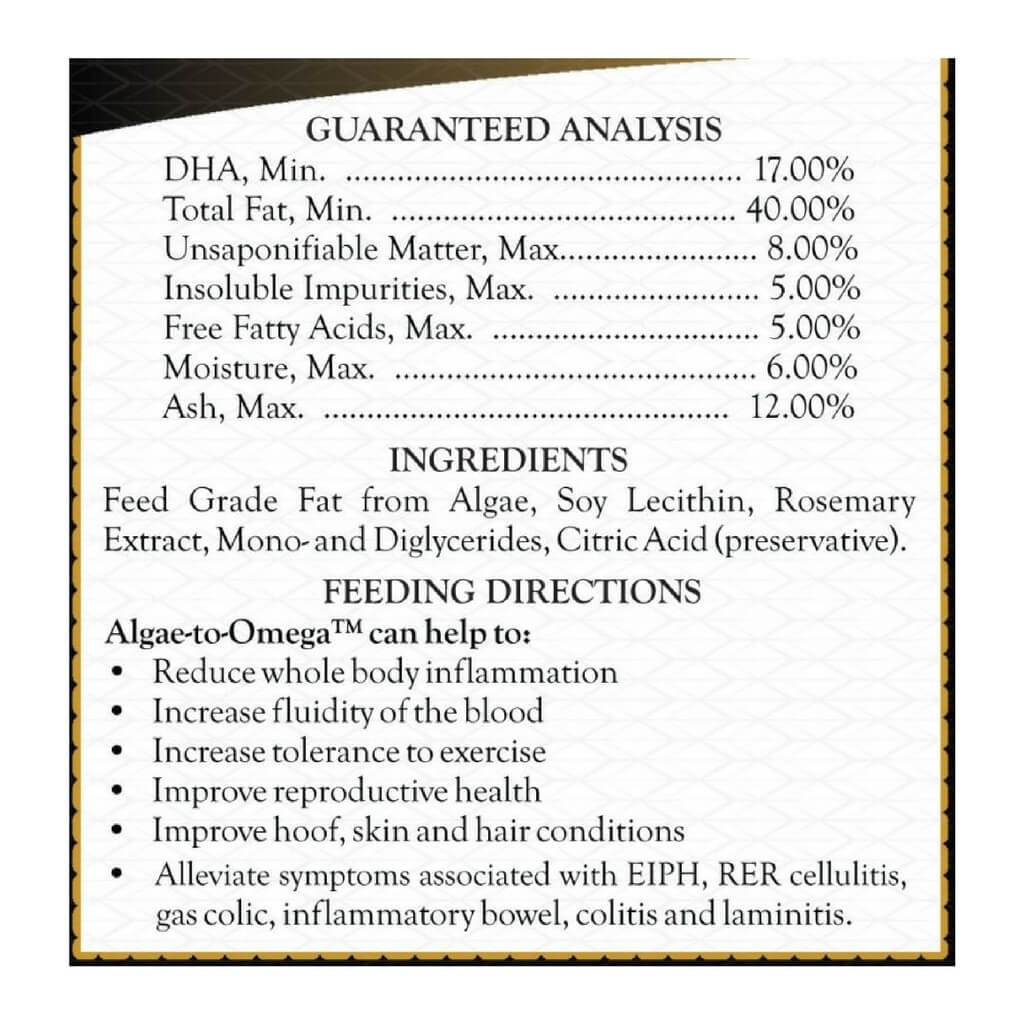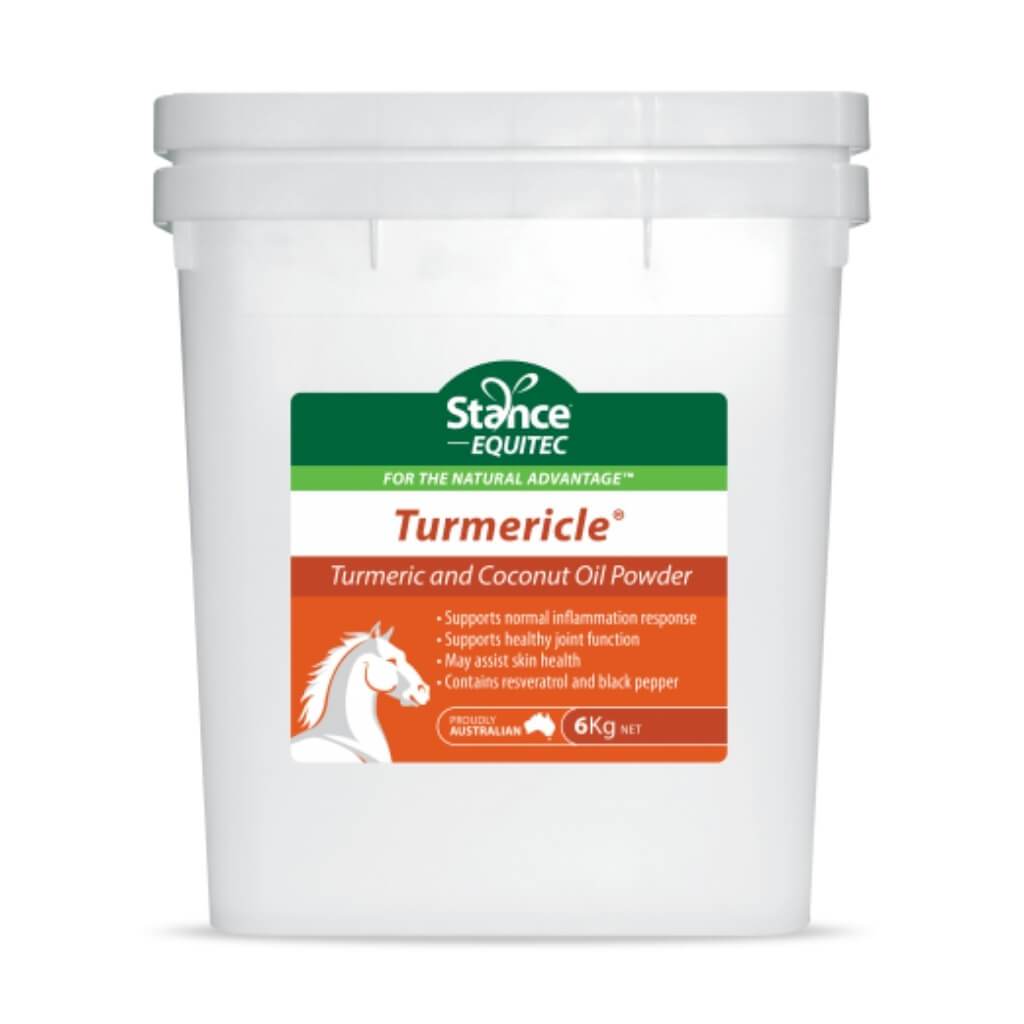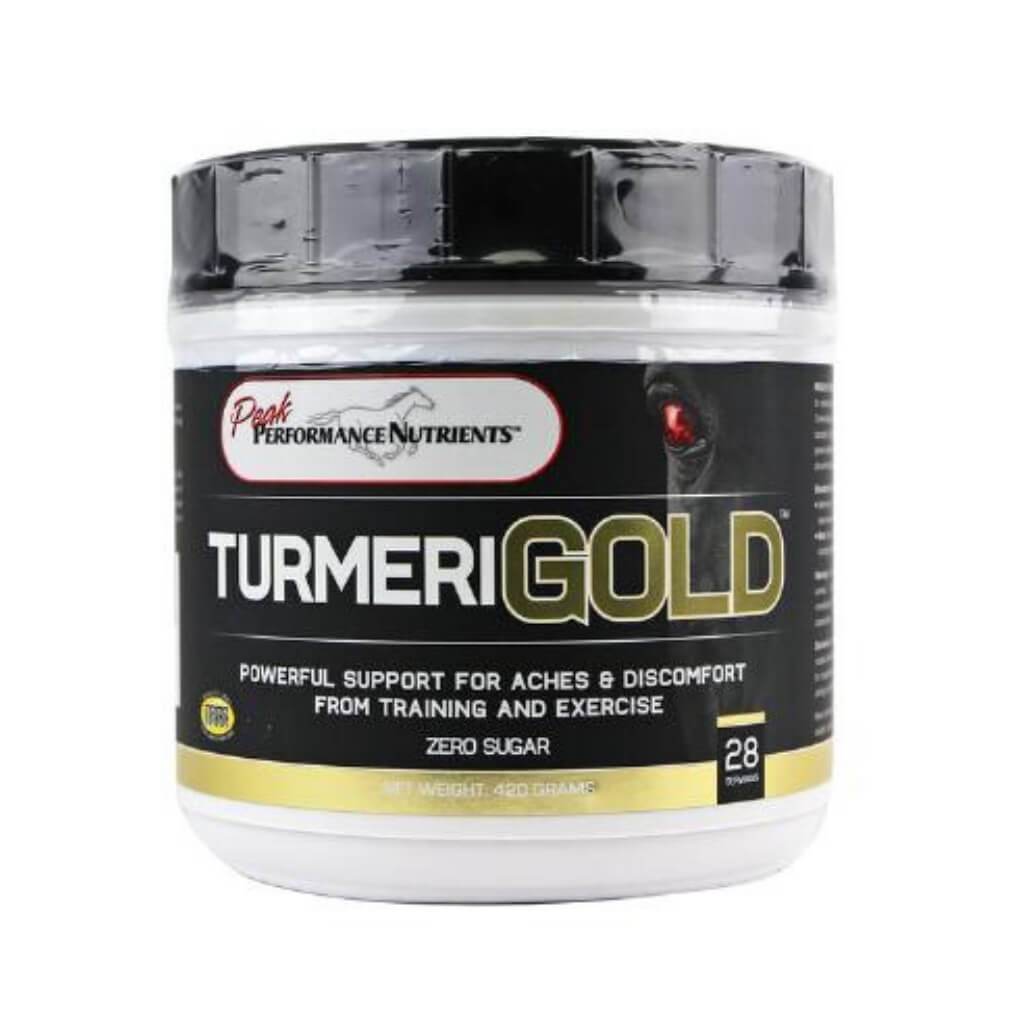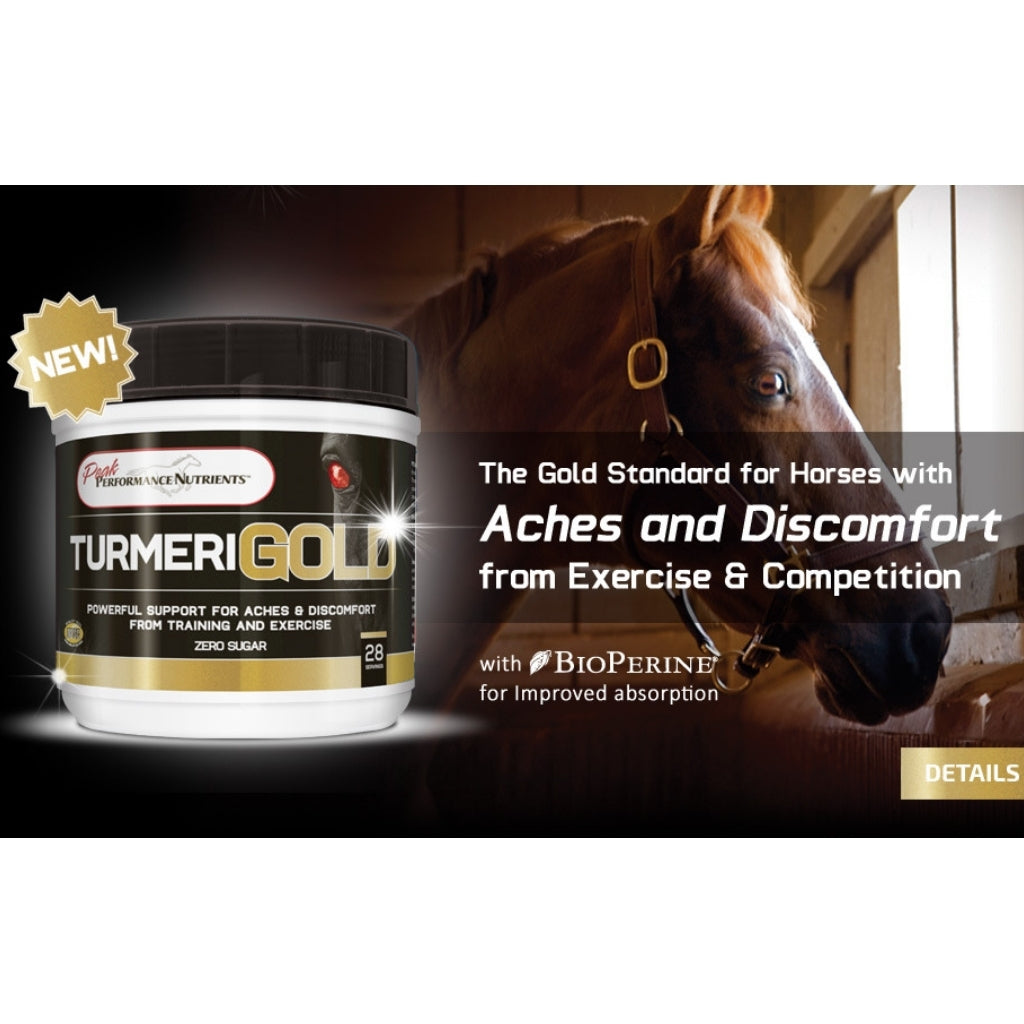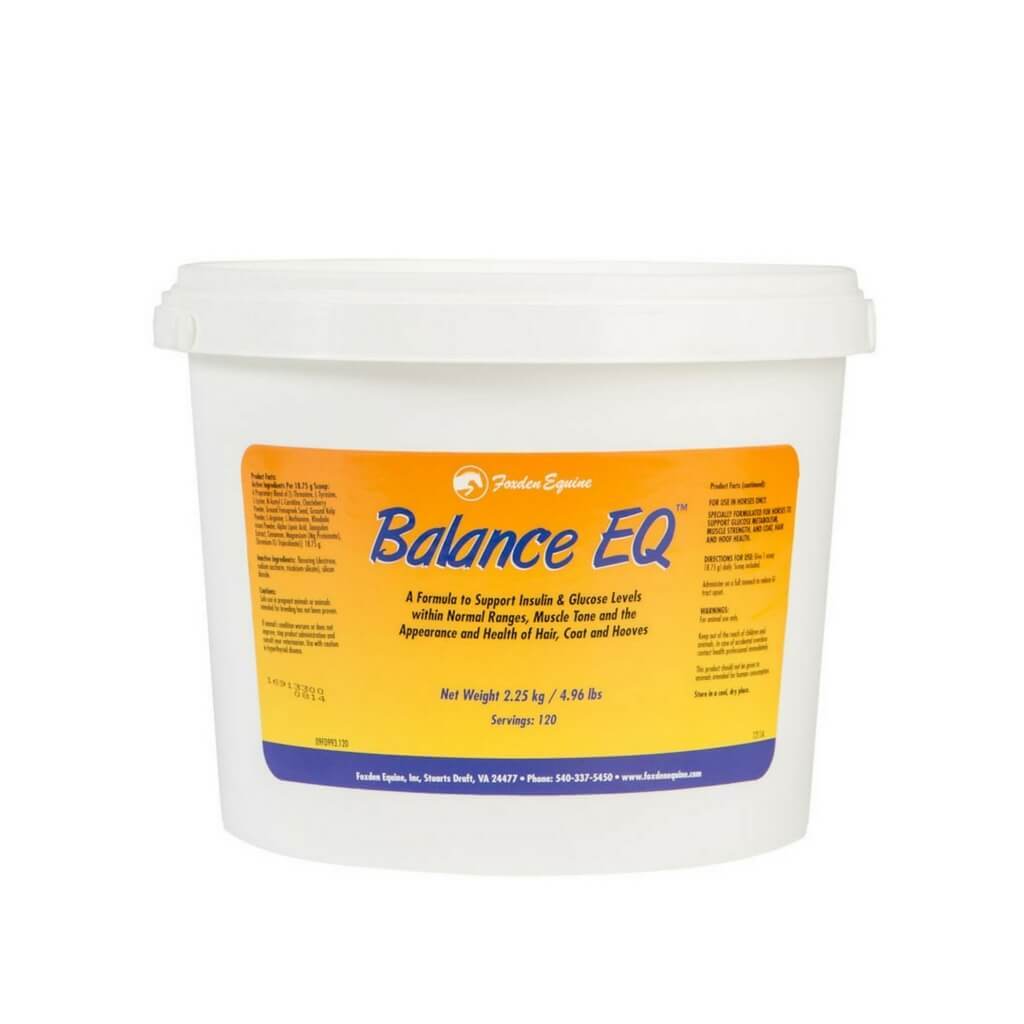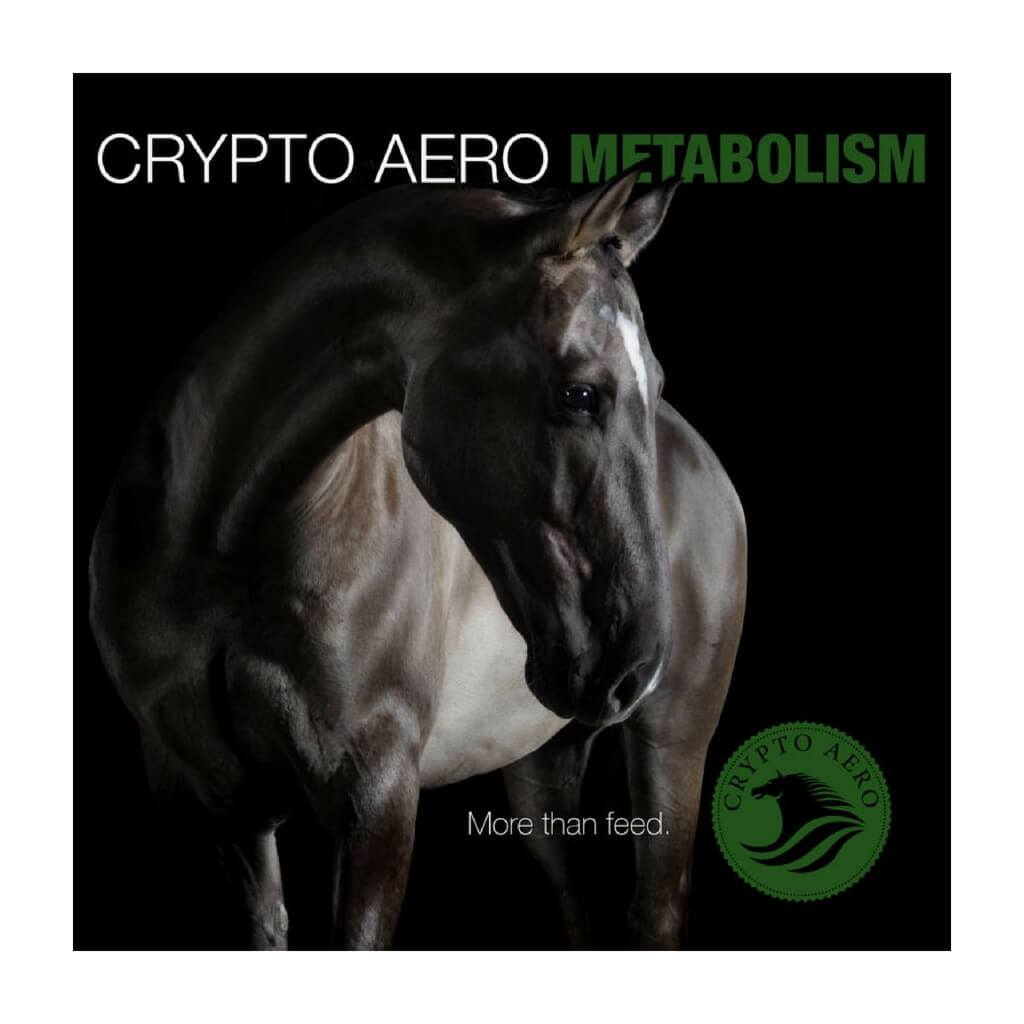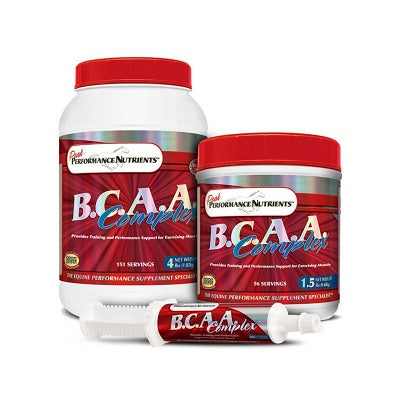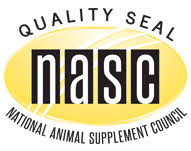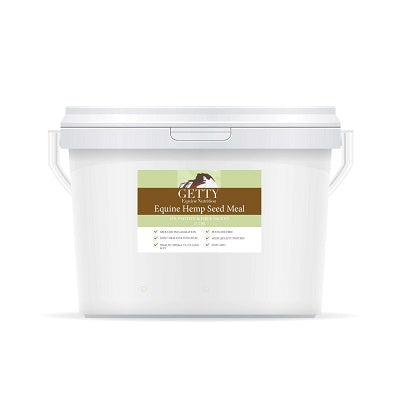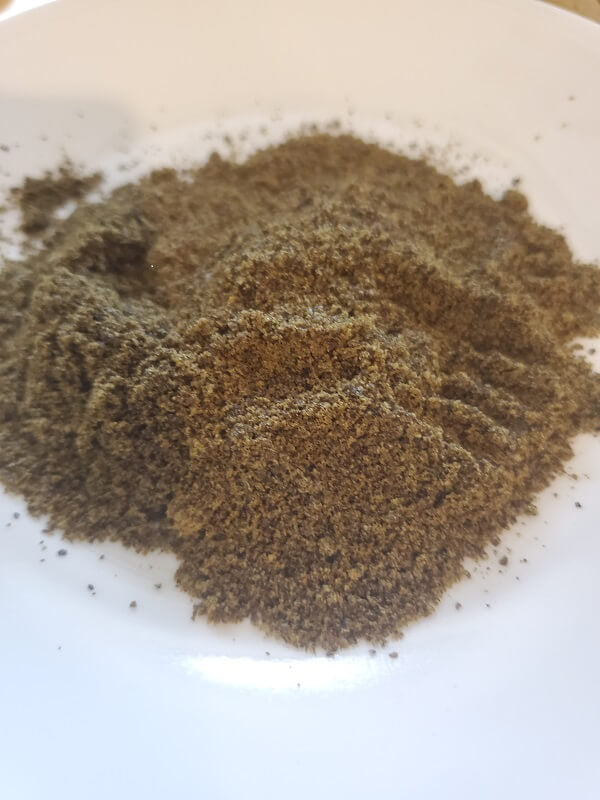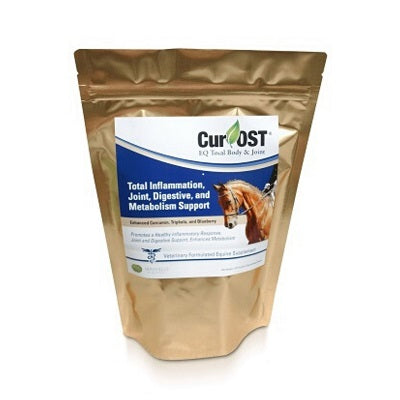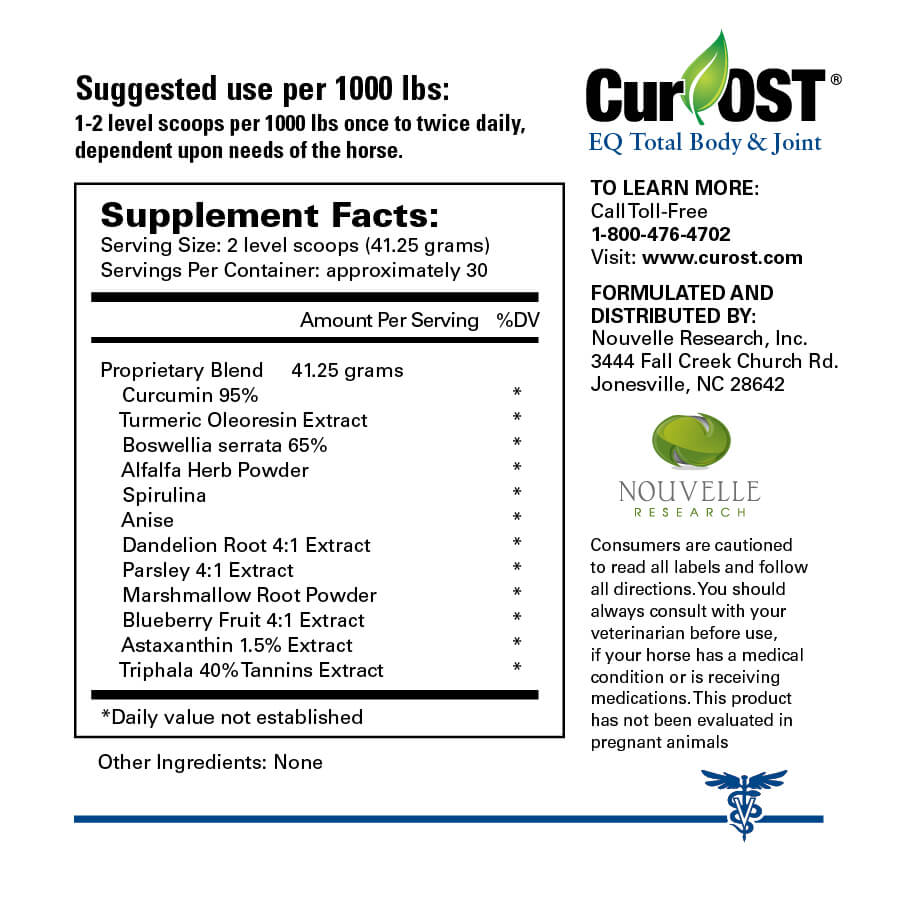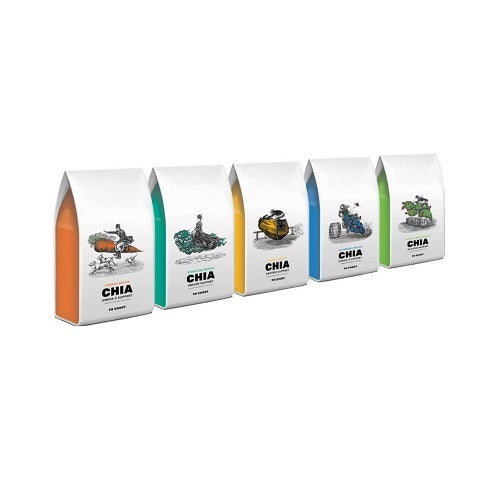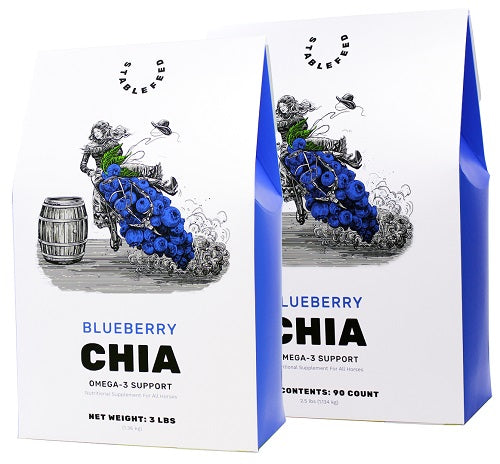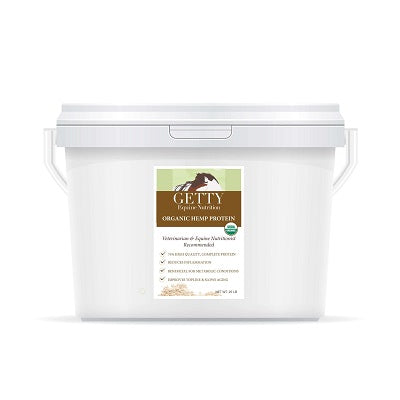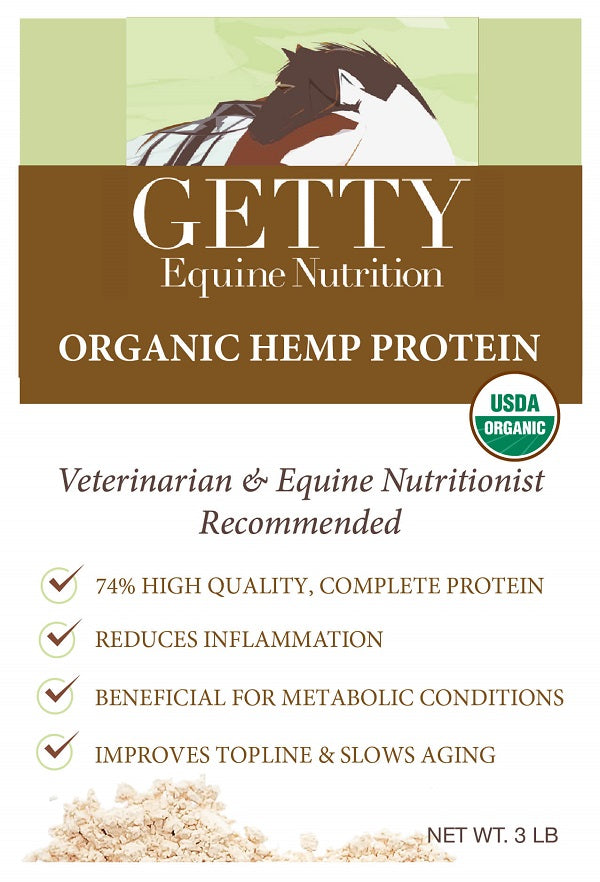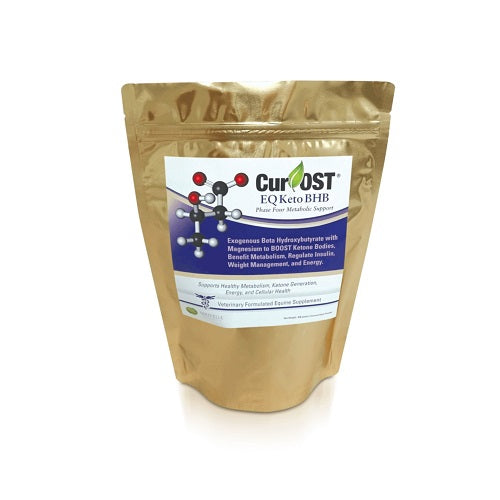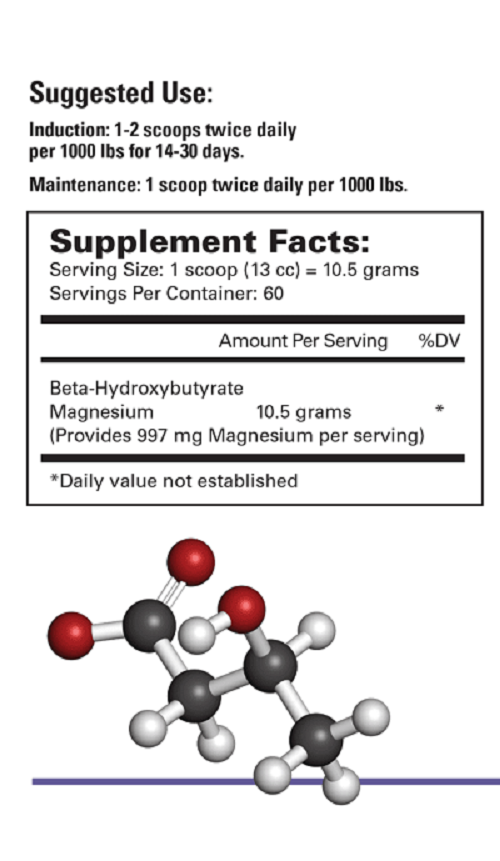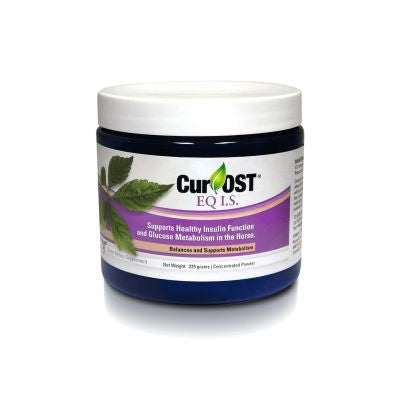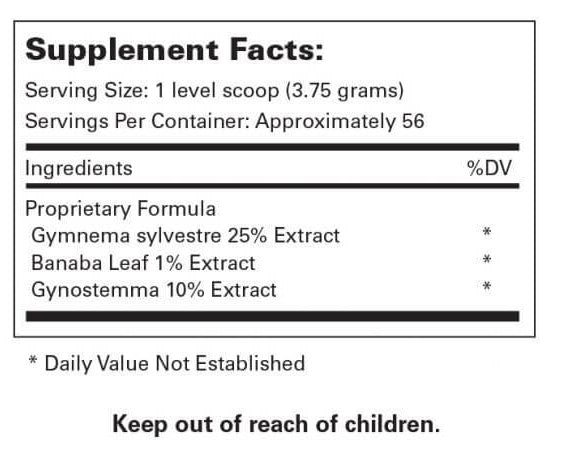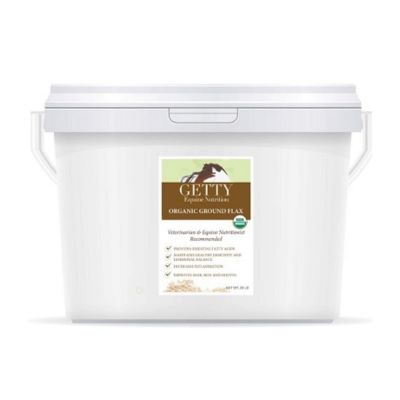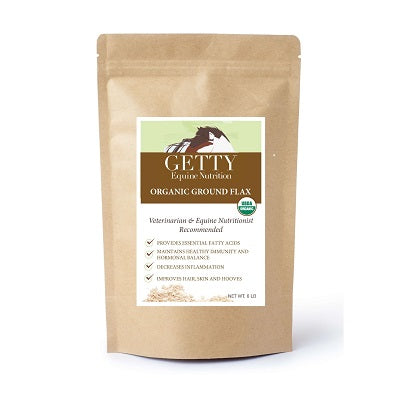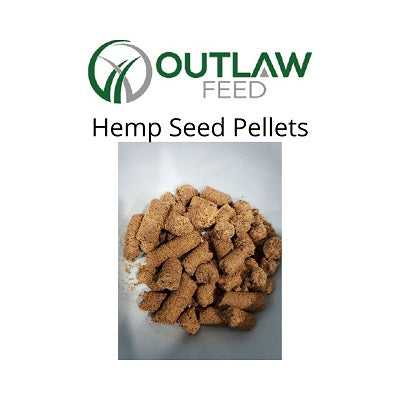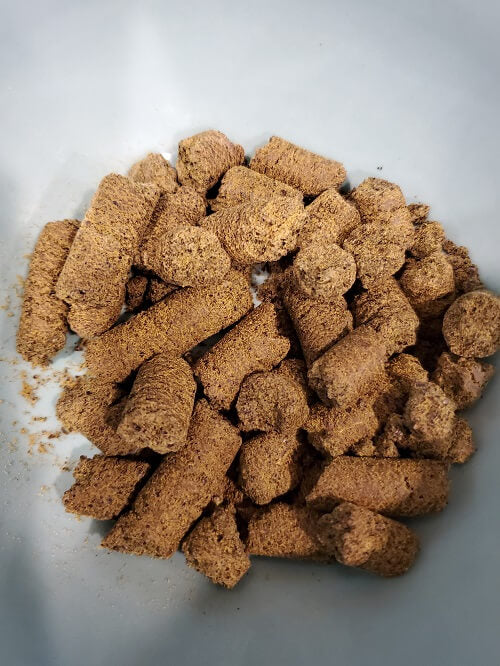Equine Cushing's Disease (PPID) - Advice from Dr. Getty

Overview of Pituitary Pars Intermedia Dysfunction (PPID), more commonly known as Cushing's disease
This disease state is typically an age-related disorder. Many horses will develop Cushing’s as they get older, but the symptoms come on so gradually, the disease often goes unrecognized. Usually around the age of 15 the risk becomes greater; however, younger and younger horses are developing PPID, and we need to ask ourselves why that is. It has to do with inflammation. Inflammation can be caused by many factors - stress, toxins in the diet and environment, destruction of the microbiome, and nutritional deficiencies.
PPID is a progressive disorder, meaning it gets progressively worse over time. Oxidative stress from toxins in the environment and feed, as well as mental distress, inflames the dopamine-releasing neurons in the hypothalamus portion of the brain. These neurons normally release dopamine that tells the pituitary glad to stop secreting ACTH. But when they are damaged, the hypothalamus is no longer able to produce enough dopamine, and ACTH secretion continues to rise. An increase in ACTH leads to an increase in cortisol levels, which in turn causes the pituitary gland to hypertrophy (enlarge).
Cushing’s is not fatal in and of itself, but rather from the conditions it can lead to if left untreated, such as infections, muscle wasting, colic, and of course, laminitis. So while there is no cure, it can be managed through diet and environmental changes, and may require medication.
Pergolide is generally the drug of choice and is marketed under the brand name, "Prascend" (Boehringer Ingelheim). It can make a horse feel nauseated, and he may reject his feed until he gets used to the medication. To help prevent or lessen this "pergolide veil," I recommend starting with a very small amount - 1/4 of a tablet - until he adjusts, and then slowly, very slowly, build up to the recommended dosage.
Symptoms of PPID
- Lethargic behavior or may become more excitable
- Increased thirst and more frequent urination
- Athletic performance may decline
- Hair coat can become longer and more curly. Or it fails to shed appropriately. Horses will retain some guard hairs—the long hairs in the jugular groove, along the back of the legs, or on the chin
- Muscle loss, generally with a characteristic loss of top line, along with becoming pot- bellied
- Immune system decline, where the horse may develop abscesses, be more prone towards infections and allergies, and be more sensitive to vaccinations
- Eyes may tear excessively
- Sweating disorders - may sweat excessively or have patchy sweating, or may not sweat at all or not enough (anhidrosis)
- Secondary insulin and leptin resistance - please see the advice page on how to manage Obesity, Insulin and Leptin Resistance.
- Laminitis - though not a symptom, per se, certainly one of the most terrifying outcomes of Cushing’s is laminitis.
Articles and Resources by Dr. Juliet Getty
Please take advantage of the wealth of information available to you on this website in the Resource Libraries:
- Cushing's (PPID)
- Aged Horses
- Laminitis
- Free Choice Forage Feeding Concepts
- Overweight Horses
- Underweight Horses
- Insulin Resistance
Since laminitis is the most serious outcome of PPID, every effort should be made to prevent it. Refer to the Laminitis advice page for more information.
In addition, you should pay close attention to:
- Reducing inflammation
- Start by removing inflammatory ingredients from the diet such as soy and soy-based products.
- Add omega 3s to the diet, and avoid high levels of omega 6s, typically found in soybean and corn oils (often listed as "vegetable oil"). A DHA source is even better at reducing inflammation.
- Provide ingredients such as turmeric, boswellia, and resveratrol.
- Clean up the diet by feeding organic and non-GMO feeds, and those that have not been sprayed with glyphosate (the active ingredient in RoundUp herbicide).
- Test your hay to make sure it is low in sugar/starch. Also do not feed any added sugar or cereal grains (e.g., oats, barley, rice, wheat, grain byproducts).
- Avoid products with added iron. Iron increases insulin resistance.
- Reduce stress. Stress increases inflammatory hormones. Restricting forage is one of the most stressful things you can do to your horse. If he is overweight, find a suitable hay, and offer it 24/7. There are many articles on this topic, found in the Resource Library on "Free Choice Forage Feeding."
- Address muscle mass loss. Cushingoid horses typically lose muscle mass and this can be helped through added quality protein whole foods and branched chain amino acids.
- Protect immune function. PPID suppresses the immune system, making your horse more susceptible to developing allergies and infections. Antioxidant supplement and mushroom blends are very helpful.
How to choose an appropriate supplement
For overweight horses, who are also likely insulin and leptin resistant, please see the advice page on Obesity, Insulin & Leptin Resistance for supplement recommendations. These include magnesium/chromium preparations, sources of omega 3s and DHA, and other supporting nutraceuticals. The Laminitis advice page offers specific supplements recommendations including products for hooves and laminitis treatment.
Many cushingoid horses are older and have issues relating to age. Please see the advice page on Aged Horses to help with muscle loss, digestive issues, and joint suppport.
The following supplements address issues specific to PPID management assistance in slowing down its progression:
- Immune and allergy support are important to address:
- CurOst EQ Immune Full Spectrum. This is a mushroom blend with specific amino acids designed to improve lymphocyte activity.
- Colostrum. This incredible whole food offers many benefits, described in this article, including boosting immune function to help prevent infections and improve response to allergens.
- Spirulina. This is particularly helpful for allergies.
- GutWerks. Most of the immune function lies in the hindgut. This is a potent pro/prebiotic that feeds existing microbes and replaces lost that may be deficient.
- ForeDigest. Colostrum based, it also offers pre/probiotics and BeneCell, offering nucleotides to accelerate cell proliferation and recovery from illness.
- Sea Biscuits. Made from organic chia seeds (offering omega 3s), they are enriched with Manuka honey and spirulina for immune support.
- Wild Gold Camelina Oil Premium. Camelina oil is high in omega 3s, which support immune function and reduce inflammation, but the Premium version also is high in DHA and spirulina, to further enhance your horse's ability to fight infections. Consider this for horses who also would benefit from the extra calories that oils provide.
- Reducing inflammation helps protect against and minimize damage to the dopamine releasing neurons in the hypothalamus. Consider these options:
- Turmericle. The benefits of turmeric plus the antioxidant action of resveratrol.
- TurmeriGold. Turmeric plus omega 3s from ground flax, offers potent anti-inflammatory action. Choose this is you are not already giving a source of omega 3s.
-
CurOst EQ Total Support reduces inflammation through curcumin, boswellia and antioxidants all in their natural form.
nutrients in their natural form.
- Promoting dopamine release through herbal preparations may lessen the need for pergolide, especially in pre-cushingoid conditions:
- CryptoAero Metabolism. Not only offers turmeric and spirulina, but is high in chasteberry for hormone regulation.
- Balance EQ. Choose this for your horse that does not have immune system issues, but is starting to show signs of cushing's disease.
- Improve muscle mass through offering high quality protein and amino acids:
- Hemp Seed Hearts - full-fat (high in essential fatty acids) that reduce inflammation, and high in quality protein. Since it is high in calories, this is the best choice for an underweight horse or one who is very athletic.
- Organic Hemp Seed Meal-- grinds hempseeds into a meal and has all the protein benefits of Praise Topping but has some of the fat removed. This would be a good choice for an overweight horse.
- BCAA - branched chain amino acids are specifically involved in muscle protein synthesis.


